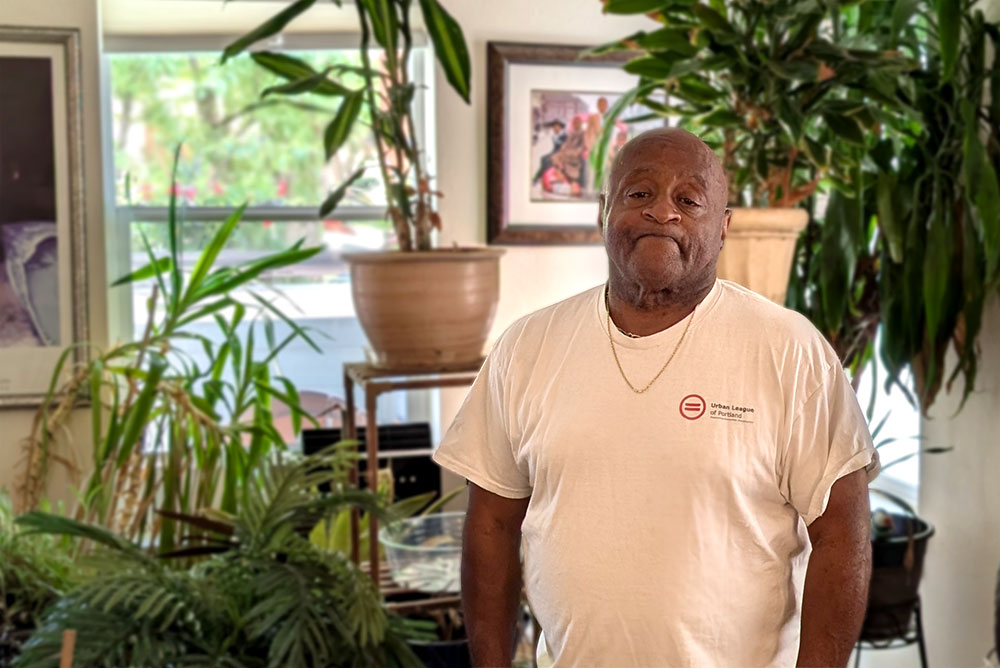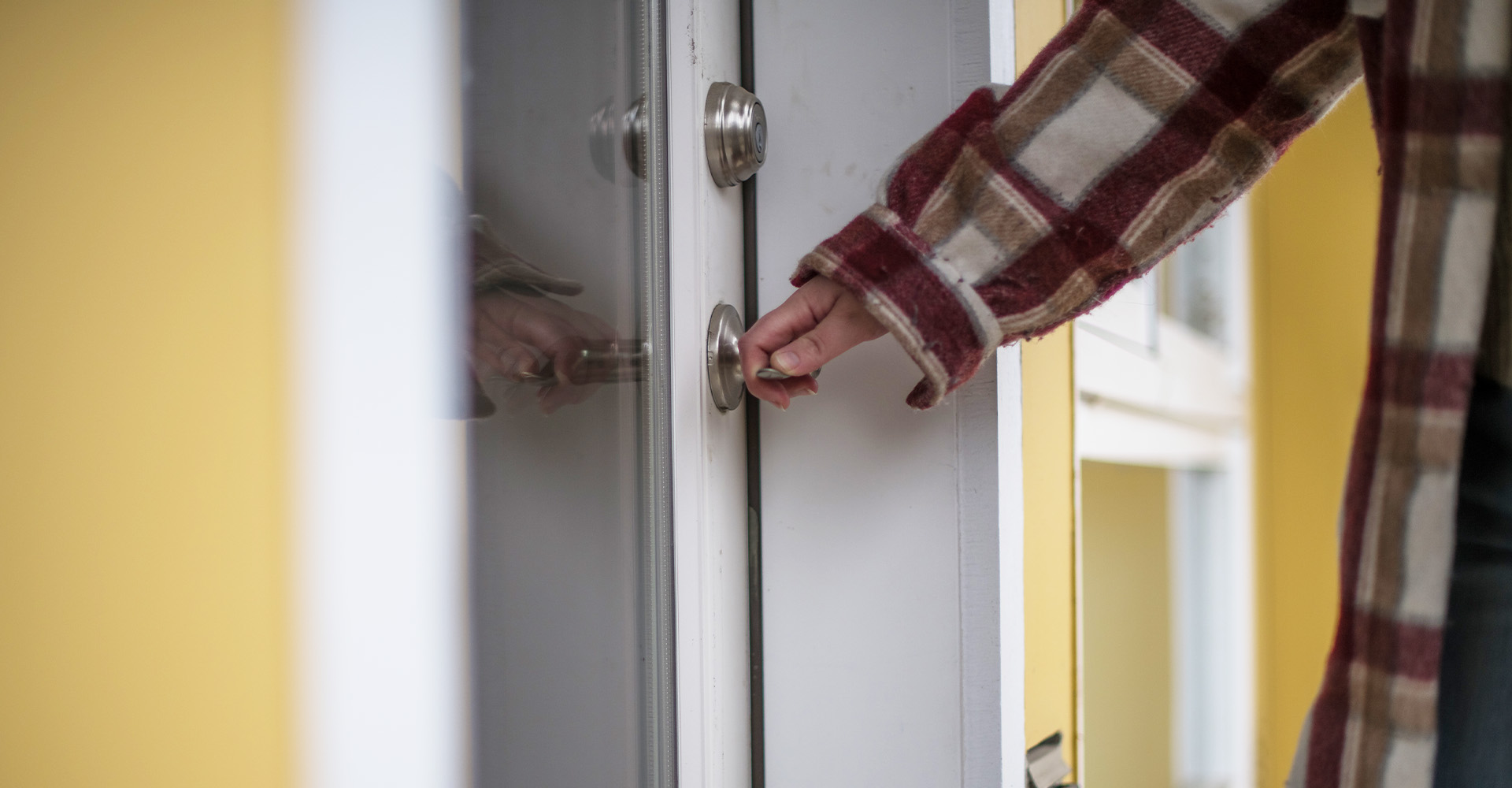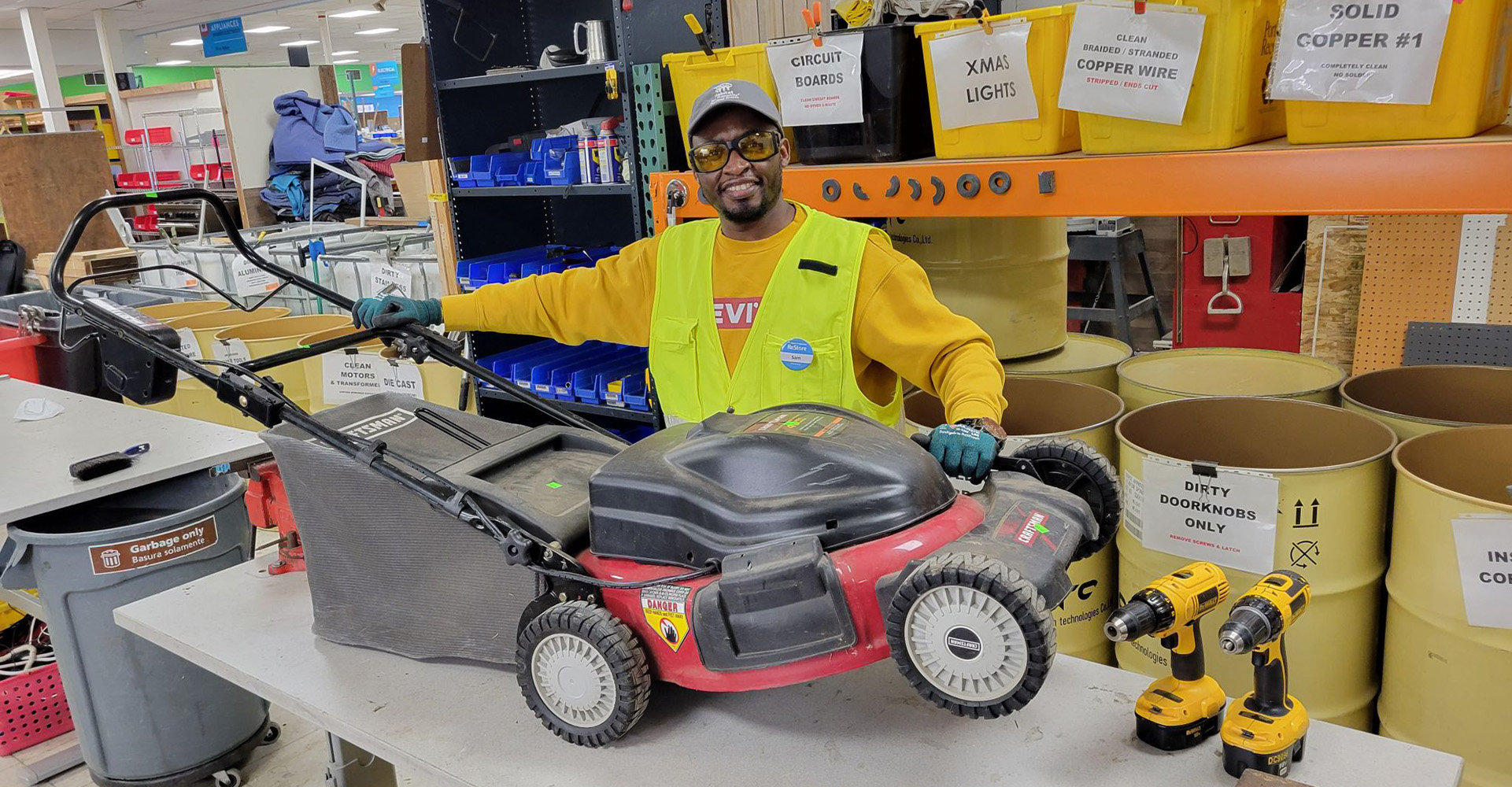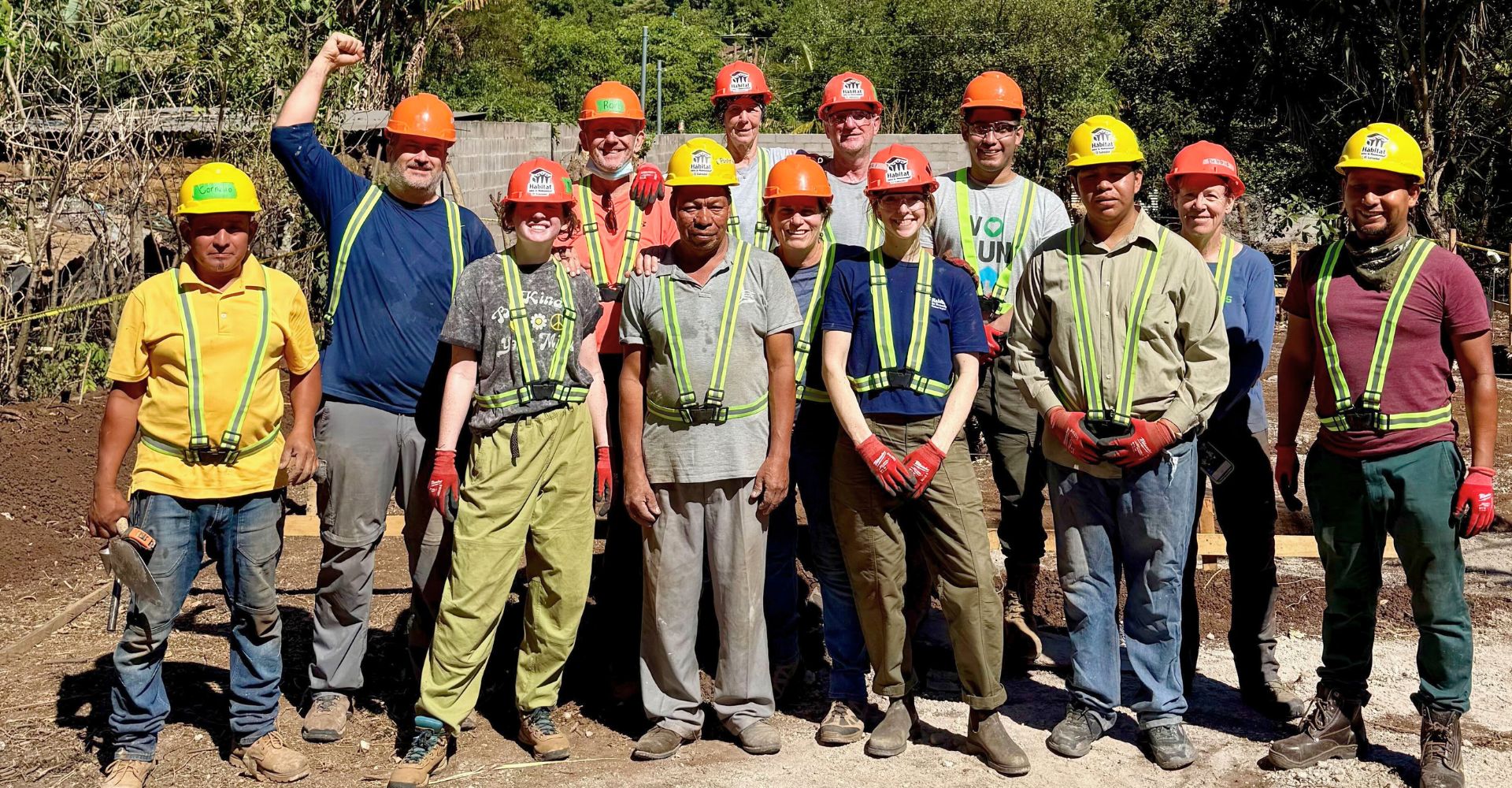
Larry sits in his North Portland home, surrounded by lush, green plants.
“It’s serenity here,” Larry observed. “This is peaceful.”
Larry moved to Portland from Ohio as a teenager, to live with family. He grew up around Fargo Street and Martin Luther King Jr. Boulevard, back when it was called Union Avenue.
“Living was reasonable,” he remembered. “Rent was reasonable. Rent was really low back then.”
North and northeast Portland was the heart of Portland’s Black community for more than 60 years. But urban renewal and inequitable practices displaced the majority of Black residents. City infrastructure projects and a controversial hospital expansion led to the rezoning and demolition of Black-owned homes and businesses, wiping out decades of progress and wealth.
Individuals like Larry, with intergenerational ties to the area, can receive priority access for new affordable housing and homeownership opportunities. It’s part of Portland’s North/Northeast Preference Policy, the city’s housing strategy to address historic and ongoing displacement. Larry learned about it through the African American Alliance for Homeownership, which referred him to Habitat.
“But I didn’t think I ever had the chance to get into it,” Larry said. “I really didn’t think it would happen. And when it did, I told everyone I knew!”
After a lifetime of renting, Larry became a first-time homebuyer in 2021 through Habitat. Where his apartment community was noisy and crowded, with people running in the halls, he said, his new home is quiet. His mortgage is less than what he paid in rent for his one-bedroom apartment, and he’s building equity. “Ownership is much different,” he said. “When you pay the mortgage, you’re kind of paying yourself.”
Larry had a vision for his home before he moved in. He’s turned one of the three bedrooms into his home office and installed a ceiling fan in another room. Still on the to-do list: adding more color to the walls with some paint.
He might have more time for that project in the next year or two, when he plans to retire. Larry works as a peer support specialist, helping people in recovery to find resources in the community. He says his own experience with addiction helps him to help others.
Sober now, Larry said his role is to guide others through the challenges and make a plan. Some prioritize finding a job, others finding housing. While everyone has a different path, Larry believes he is just a tool in their recovery, and they need to do the majority of the work. He still vividly recalls the moment he decided to go into treatment.
“I thought I was having fun, but I wasn’t having fun,” Larry said. “I was chasing drugs. That’s no kind of life to live. It’s a terrible life.”
Larry will celebrate 24 years of sobriety this November. But first, he’s looking forward to his first trip out of the country for a vacation — and then coming back to his own home.
Larry enjoys taking walks in his neighborhood. He often strolls to the park and stops by restaurants in the area. He plans to have his nieces and nephews over for a holiday celebration. He sees his new home as theirs too.
“It means security,” Larry said. “Something I know I can give down to the family. A generation’s wealth. There’s always wealth in homeownership.”


